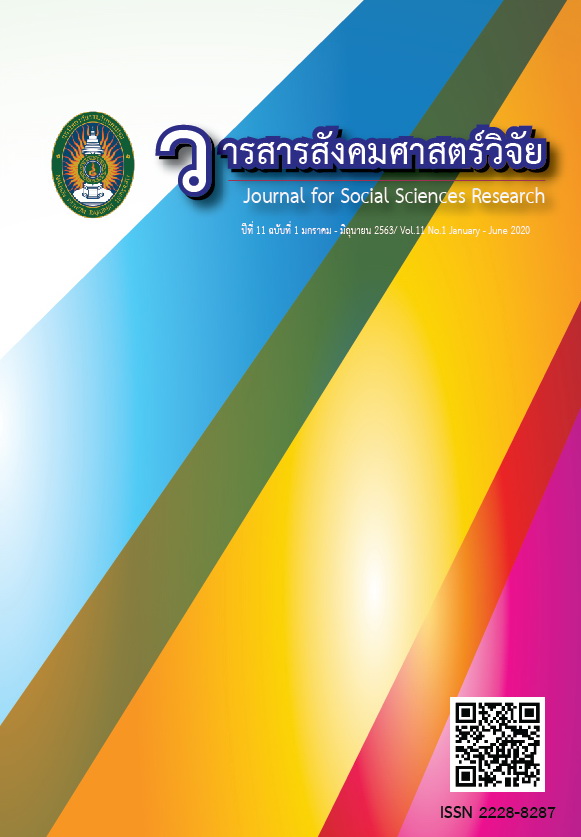EXERCISE OF POWER BY SCHOOL ADMINISTRATORS AFFECTING COMPETENCY OF 21st CENTURY TEACHERS UNDER THE SECONDARY EDUCATIONAL SERVICE AREA OFFICE 10
Main Article Content
Abstract
This purpose of this research were to study: 1) the level of exercise of power by school administrators; 2) the level of teacher competency in the 21st century; 3) the level of relationship between the exercise of power by school administrators and teacher competency in the 21st century; and 4) the exercise of power by school administrators affecting teacher competency in the 21st century. The research sample was 103 school administrators and 335 teachers, totaling 438, under the Secondary Educational Service Area Office 10. It covered the schools in 4 provinces which are Samut Sakhon, Samut Songkhram, Phetchaburi and Prachuap Khiri Khan. The sample were derived by proportional stratified random sampling according to population size of position; and simple random sampling. The instrument for collecting the data was a five-rating scale questionnaire with the reliability equal to .993. The statistics used for data analysis were percentage, mean, standard deviation, Pearson’s correlation coefficient, and stepwise multiple regression.
The results of the study were as follows:
1. Overall the exercise of power by school administrators was at a high level ( = 3.63). When considering each aspect, in the descending order, the administrators exercised information power, ecological power, referent power, expert power, and legitimate power in a high level; whereas reward power and connection power were exercised in a moderate level.
2. Overall and in specific aspect, the teacher competency was at a high level ( = 4.13). When considering each aspect, the aspect were professional development, collaboration, globalization, classroom management, technology, making content relevant to real life, and critical thinking, respectively
3. The exercise of power by school administrators and the teacher competency had a positive relationship at a moderate level with statistical significance at .01.
4. The exercise of power by school administrator in the aspects of connection power (X2), ecological power (X1), expert power (X7), information power (X6), legitimate power (X4), and referent power (X5) were selected to be variables of the regression equation. These variables could explain the variance of the teacher competency (Ytot) with statistical significance at .05. The multiple correlation coefficient (R) was equal to .619, and the prediction coefficient (R2) was .383. The equations could be shown as follows:
The unstandardized scores equation:
tot = 3.297 + .151(X2) + .094(X1) + .225(X7) - .238(X6) + .120(X4) - .068(X5)
The standardized scores equation:
tot = .304(Z2) + .150(Z1) + .453(Z7) – .371(Z6) + .199(Z4) - .130(Z5)
Article Details
บทความที่ได้รับการตีพิมพ์เป็นลิขสิทธิ์ของมหาวิทยาลัยราชภัฏนครปฐม
เนื้อหาของแต่ละบทความเป็นทัศนะของผู้เขียน ซึ่งที่ปรึกษา บรรณาธิการ กองบรรณาธิการ และคณะกรรมการบริหารวารสารไม่จำเป็นต้องเห็นด้วย หรือร่วมรับผิดชอบใดๆ


